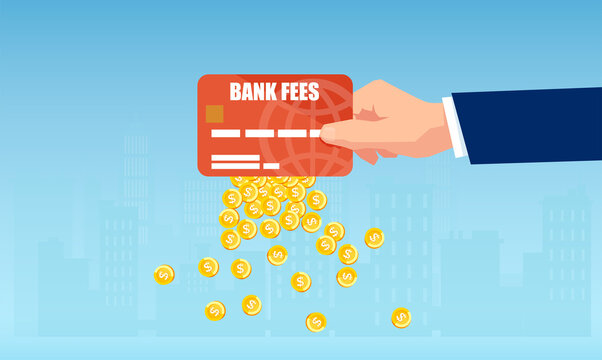You may think bank charges are small inconveniences, but the truth is that, over time, they can erode your savings. These fees generally come in the form of overdraft charges, penalty for not maintaining a monthly balance, withdrawals, and before you know it, the small fees become quite a large sum. But with some planning and knowledge, and a few handy tips, you can easily reduce a lot of unwanted expenses and develop healthier money habits. Here’s how to sidestep bank charges and retain more of your hard-earned cash:
Choose The Right Bank or Credit Union
All banks are not equal when it comes to fees. Some have monthly maintenance fees if you fail to maintain a minimum balance, while some boast about no fees at all. Prior to opening a bank account, compare financial institutions and seek banks with no overdraft fees, free checking, low-fee savings accounts, or benefits such as ATM reimbursements. Credit unions are another good alternative since they tend to have lower fees and better customer service. You can avoid such unnecessary expenses by doing your due diligence.
Keep an Eye on Minimum Balance
Many banks require you to maintain a certain balance in your checking or savings account to avoid monthly service fees. If your balance is usually on the lower side, choose an institution that offers accounts with no or a very modest minimum balance requirement. By choosing a bank that aligns with your finances and lifestyle, you can avoid fees and other such charges.
Monitor Your Balance to Avoid Overdrafts
Overdraft fees are among the most frustrating charges to face because they are easily preventable if you know what to do. To start with, set up account alerts so you can get notified when your balance dips below a certain amount. Many banks also allow you to link a savings account to cover overdrafts automatically, which costs much less than a standard overdraft fee.
Be Smart With ATM Usage
If you regularly withdraw money from an ATM, you may have noticed that banks charge a fee for it. Other banks add both their own fee and the ATM operator’s fee to these types of transactions, and this amounts to an extra charge of somewhere between $4-$6 per withdrawal. Avoid this by finding free ATMs in the vicinity using your bank’s mobile app or utilizing cash-back opportunities at supermarkets if you need instant access to cash. Some banks provide unlimited ATM fee reimbursements, and this can be a great option for individuals who make frequent withdrawals.
Go Paperless and Stay Organized
Most banks provide free electronic statements and account access via secure online sites. Reducing your reliance on paper not only saves you money but also simplifies maintaining an eye on your finances.
Take Advantage of Direct Deposit
Most banks waive monthly maintenance fees if you arrange direct deposit for your paycheck, providing a great way to keep money safely deposited in a timely manner, with free checking rewards turned on. If you’re employed, contact your employer to arrange direct deposit since it is an easy method of avoiding charges.
Review Your Accounts Regularly
Check your monthly statements or app activity to identify unnecessary fees or services you don’t use. You can also contact your bank and ask to have the charge waived politely. Most institutions will usually eliminate the charge, particularly if it is your first infraction.
Overall, being proactive saves you money and creates healthy habits that fortify your overall financial well-being. With awareness, planning, and self-discipline, it is easy to reduce unnecessary expenses and optimize your savings to work for you. From selecting a suitable bank to enabling alerts and making the most of intelligent banking tools, small actions can amount to huge savings in the long run.
